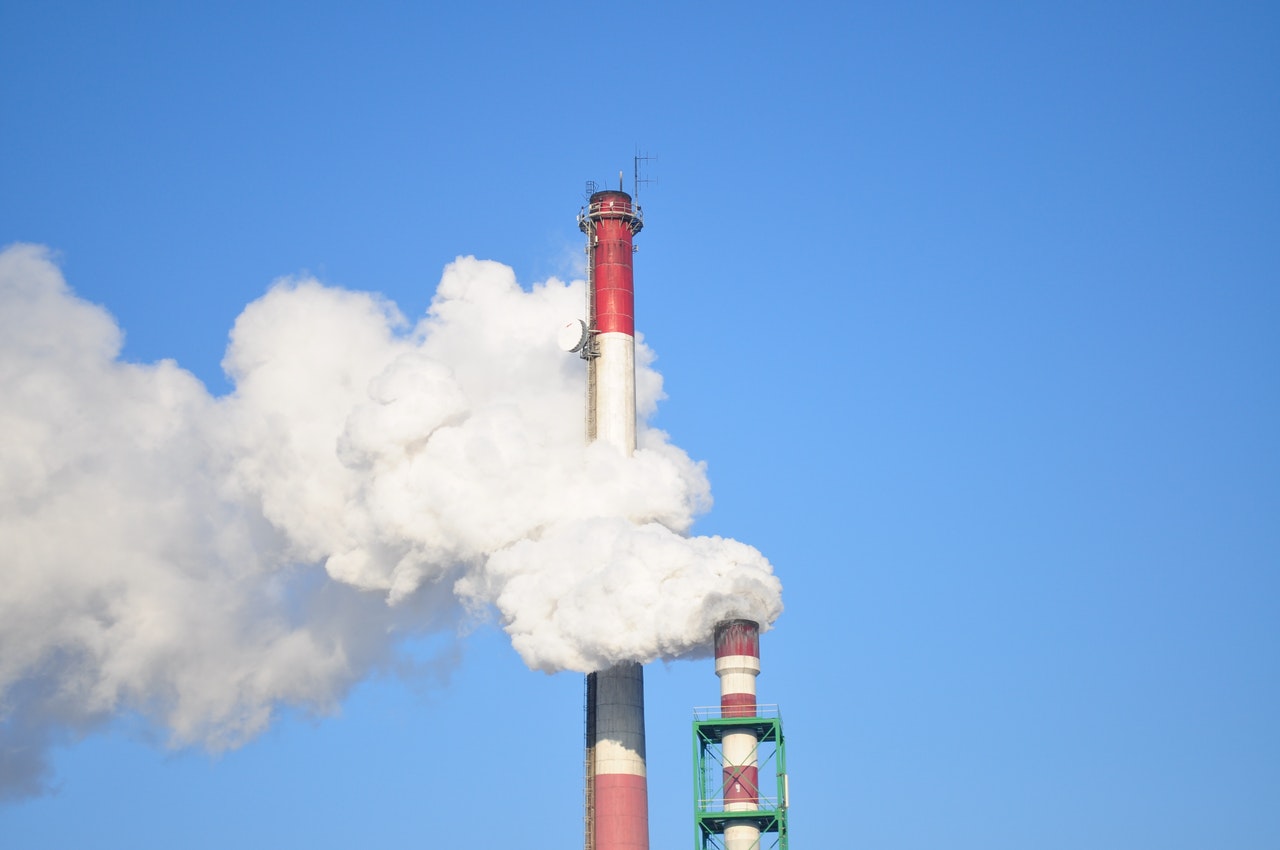Dr. Morgan Phillips is the UK Co-Director of The Glacier Trust and the author of the book “Great Adaptations: In the Shadow of a Climate Crisis.” In this video, he discusses the newest IPCC report. The IPCC’s fifth assessment report on climate change impacts, adaptation, and vulnerability was released eight years ago. There has been a lot of ‘climate action’ in the intervening years, but the headlines emerging from the IPCC’s sixth report, released today, emphasize once again that the action being taken is far from adequate.
The 3,675-page report is the result of 330 scientists and academics working together on a voluntary basis, and it builds on the work of thousands more. It is a really global initiative and a timely reminder of the human species’ cooperative and collaborative ability. On Saturday, the crucial ‘Summary for Policymakers’ was finalized and issued today. National government representatives from all across the world have painstakingly authorized it. They don’t seem to have softened it down much; it’s a disturbing read.
The news and social media feeds will be flooded with requests to step up climate action today and tomorrow. All other messages will be drowned out by one: the world must invest in renewable energy as soon as possible, phase out (not down) fossil fuels, and establish a credible route to ‘Net Zero’ emissions.
It’s the path we take that matters
It’s a well-rehearsed message that is heard but not understood. Zero Hour, a campaign group, has eloquently exposed this up. “It’s not when we achieve #NetZero, it’s the road we take,” they say in their brief viral video, emphasizing a critical aspect that is frequently overlooked: “it’s not when we reach #NetZero, it’s the path we take that matters.” According to the IPCC, we need to choose a concave road, with significant reductions in carbon emissions in the near term:

The news and social media feeds will be flooded with requests to step up climate action today and tomorrow. All other messages will be drowned out by one: the world must invest in renewable energy as soon as possible, phase out (not down) fossil fuels, and establish a credible route to ‘Net Zero’ emissions.
It’s the path we take that matters
It’s a well-rehearsed message that is heard but not understood. Zero Hour, a campaign group, has eloquently exposed this up. “It’s not when we achieve #NetZero, it’s the road we take,” they say in their brief viral video, emphasizing a critical aspect that is frequently overlooked: “it’s not when we reach #NetZero, it’s the path we take that matters.” According to the IPCC, we need to choose a concave road, with significant reductions in carbon emissions in the near term:

The UK Government is gambling on the strength of future carbon removal technology and the increase of renewable energy production by deferring major cuts until the 2040s. Even if these solutions are developed, this course will result in the UK producing twice as much CO2 as the safer, concave path. That’s a lot of greenhouse gas for our children and grandchildren to inherit. The convex approach is not a plausible way to avoid climate meltdown if world leaders are serious about avoiding it.
The IPCC report released today does nothing to reassure us that temperature trends are moderating or that the consequences would be minor. 1.5 degrees Celsius of warming appears to be a foregone conclusion. This suggests that the earth will soon be subjected to “irreversible” climate change effects. The harsh reality is that our current socioeconomic structure is incompatible with long-term climate stability.
Attempts to combat climate change and prevent it from causing catastrophic loss and destruction have been unsuccessful. If the globe continues to embrace neoliberal consumer capitalism, the failure will only get worse. Capitalism will eventually collapse, carrying Western civilisation with it.
We don’t need ‘green capitalism’
Unfortunately, switching to a “green” version of capitalism is not the answer. The convex pathway is the best route to Net Zero that green capitalism has come up with after at least 30 years of striving. It’s evident that avoiding the issue isn’t an option; walking around the problem will get us nowhere. A considerably more radical strategy is required.
The IPCC’s chairperson, Dr. Hoesung Lee, said at the launch ceremony this morning that the new report “emphasizes the need of immediate and more ambitious action to address climate risks.” “Half measures are no longer an option,” he cautioned. He’s avoiding the issue, and while he can’t declare our efforts have failed, few people can. However, we are trapped with it – that is, with climatic breakdown – until there is universal acceptance that the capitalist approach to fixing the climate crisis is a half-measure that has failed.
People are scared to confess that their efforts have failed because alternatives to capitalism have not yet penetrated the collective imagination, according to me. People need viable visions of alternate and better futures; they will give them an alternative paradigm to walk into and the confidence to call green capitalism out for what it is: a half-measure. Alternate socioeconomic theories are gaining traction. They are more environmentally friendly and climate-friendly.
Some of them are discussed in my new book, ‘Great Adaptations,’ and there are many more in the social sciences.
In April, the IPCC will release the third section of its sixth assessment report. Working Group 3 is in charge of this project, which examines options for reducing carbon emissions. It’s past time it focused on post-capitalist, post-consumerist, and post-growth future ideas, and how a transition to them could allow for near-term substantial cuts.

